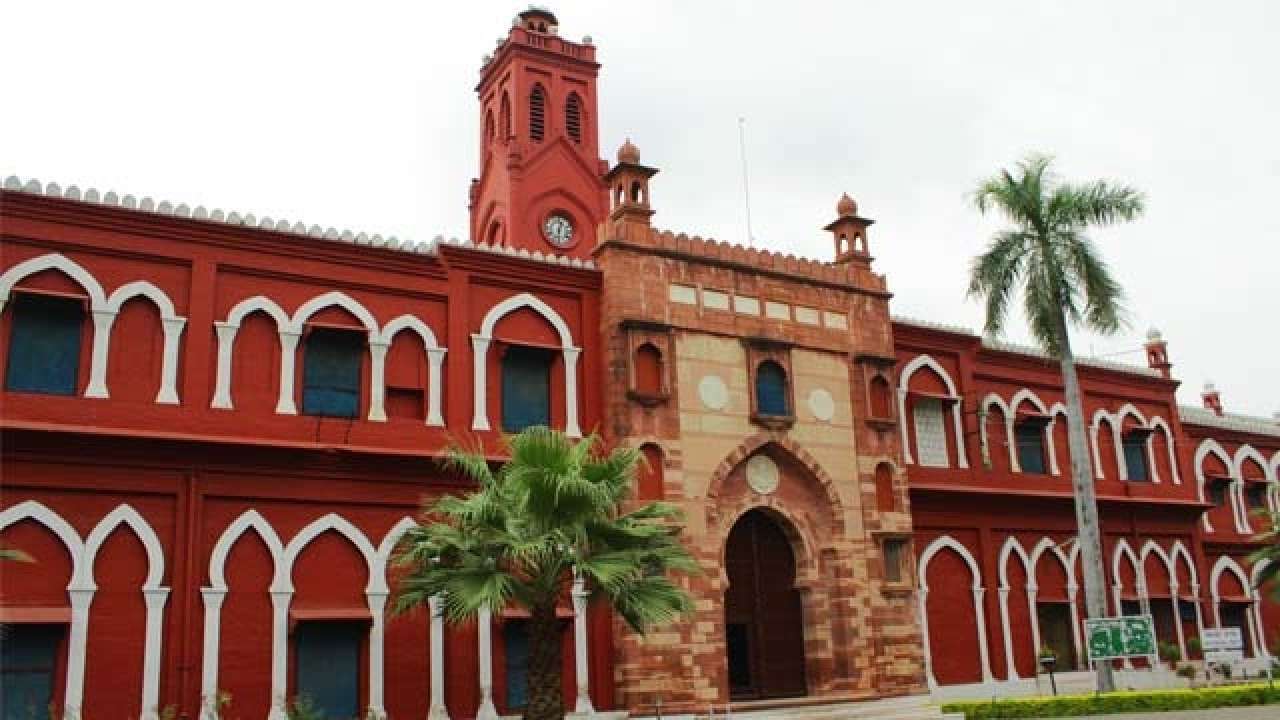Jamaat-e-Islami Hind and the Welfare Party of India have voiced their support for the Women’s Reservation Bill, while simultaneously urging the government to broaden its scope to include women from the Other Backward Classes (OBCs) and the Muslim community. These calls for greater inclusivity come as the bill is being debated and discussed within the Indian political landscape.
Jamaat-e-Islami Hind, in a press release issued on Wednesday, expressed its endorsement of the Women’s Reservation Bill while emphasizing the necessity of a more diverse representation in Indian democracy. Professor Salim Engineer, the Vice President of Jamaat-e-Islami Hind, stressed the importance of ensuring that all sections of society find representation in power-sharing. He commented, “For a strong democracy, it is important for all groups and classes to have a voice in our political institutions. Even after 75 years of independence, the representation of women in Parliament and state legislatures remains inadequate. Efforts should be made to rectify this situation.”
While commending the Women’s Reservation Bill as a step in the right direction, Professor Engineer pointed out a significant gap in its current form. He noted that while the bill includes reservations for women from Scheduled Castes (SCs) and Scheduled Tribes (STs), it fails to address the social inequalities affecting women from OBCs and the Muslim community. He cited various reports and studies highlighting the socio-economic disparities faced by Indian Muslims, particularly women and the decline in their political representation.
Moreover, Professor Engineer raised concerns about the timing of the proposed reservation, which would only come into effect after the next Census and the subsequent delimitation exercise, potentially not until 2030. He suggested that the timing of this proposal might be politically motivated, coinciding with the upcoming Lok Sabha elections.
In a similar vein, the Welfare Party of India, represented by Dr. SQR Ilyas, the National President, endorsed the Women’s Reservation Bill but called for the inclusion of sub-reservations for women from OBC, Muslim, and minority communities. Dr. Ilyas welcomed the initiative while criticizing the BJP for what he deemed a political maneuver. He accused the BJP of introducing the bill shortly before the Lok Sabha elections with the intention of delaying its implementation.
Dr. Ilyas emphasized the need for further expansion of women’s reservation, considering India’s diverse social fabric and the importance of political empowerment for women from different sections of society. He urged the inclusion of women from minority and OBC communities within the scope of reservation and proposed extending reservation to the Rajya Sabha and Legislative Councils for comprehensive representation.
The Women’s Reservation Bill, a longstanding subject of debate, aims to increase female representation in the political sphere and empower women to actively participate in decision-making processes at both the national and state levels. The endorsements and calls for inclusivity from these prominent advocacy groups add to the ongoing discussion surrounding the bill, emphasizing the importance of addressing the specific needs and concerns of different marginalized groups in India’s political landscape.










































